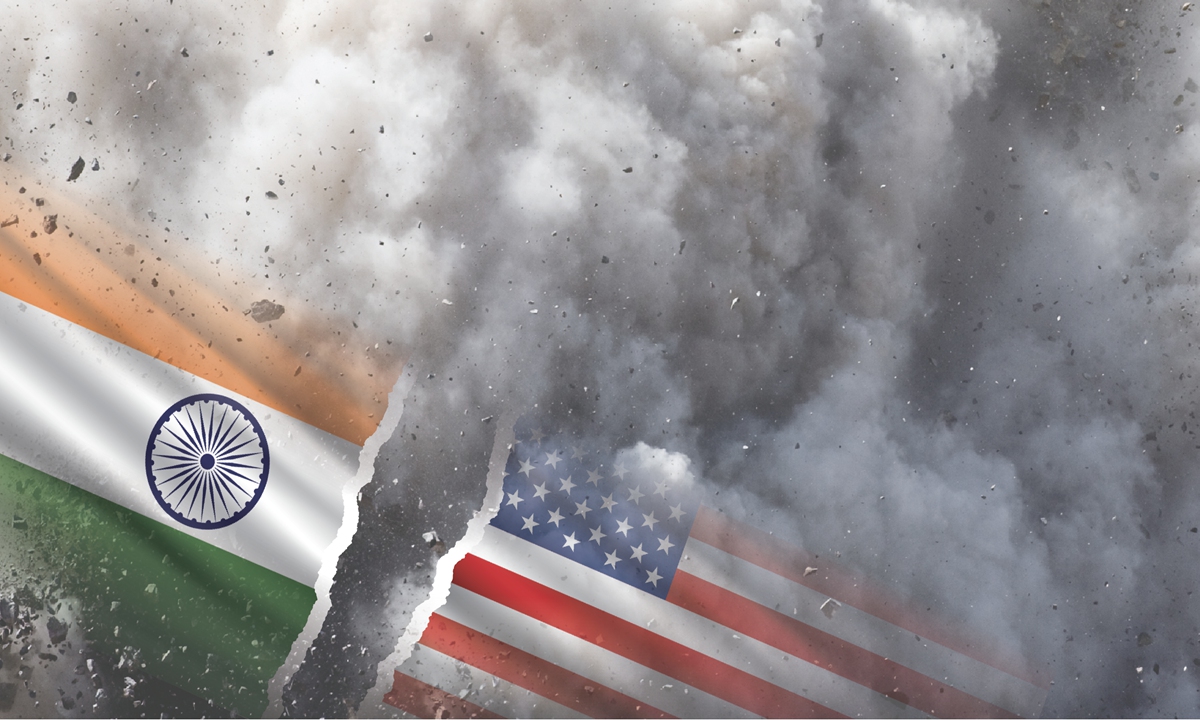Panellist: New Development of China, New Opportunities for the World
Lanting Forum on Chinese Modernisation and the World
Shanghai
Panellist: New Development of China, New Opportunities for the World
Lanting Forum on Chinese Modernisation and the World
Shanghai
Keynote speech: ‘A decade of the Concept of Building a Community based on a Shared Future for Mankind’
Forum on ‘Community with a shared future for mankind’
RDCY
Renmin University
Beijing
Keynote speech: ‘Modernisation 3.0: A New Challenge and a New Mentality’
Wenzhou Entrepreneurs Forum
Wenzhou Business College
Wenzhou
Panellist: The Chinese Path to Modernisation.
Boao Forum for Asia Annual Conference
Boao, Hainan
This is a speech given at an International Forum in Hong Kong, 16 June 2022.
Hong Kong is moving into a new phase of development. It has three key features: order and stability, integration with the Chinese economy, and crucially, winning the hearts and minds of the Hong Kong people
On May 26th, US Secretary of State Antony Blinken introduced the Biden administration’s long-awaited strategy to compete with China’s rise as a global power. He suggested that China poses the most serious long-term challenge to the international order. He argued that the Chinese Communist Party is becoming more repressive at home, and more aggressive abroad. Are the criticisms by the US justified?
Presenter: Mohammed Jamjoo
Guests: Martin Jacques – Author, When China Rules the World; Michael D Swaine – Director, East Asia Programme, Quincy Institute; Henry Huiyao Wang – Founder, Center for China and Globalization
If the central priority in Hong Kong in 2020 was to restore order and stability, the main task now confronting the Hong Kong Special Administrative Region government is winning the support of the Hong Kong people. This is not an easy task. Ever since the handover, there has been grudging, but never enthusiastic, support for the government. I was present at the handover of both Hong Kong in 1997 and Macau in 1999 and the contrast was telling. While there was little evidence of popular support on the streets in Hong Kong, in Macau many thousands turned out to greet the arrival of the PLA. By 2014 there was growing dissatisfaction about the state of affairs in Hong Kong that culminated in the riots in 2019 and was exacerbated by Western interference. That year was to mark the end of One Country Two Systems Mark 1. It was no longer sustainable.

The overwhelming assumption in the West is that the world, with a few exceptions, is strongly opposed to Russia’s military actions in Ukraine. The West itself, including the great majority of Europe, seems to be of one voice in its condemnation. But worldwide the picture is rather more complicated. In the UN General Assembly on March 3, while 141 countries condemned Russia’s invasion and called for an immediate withdrawal, 35 countries abstained and five voted against. In the recent vote to exclude Russia from the UN Human Rights Council, 93 countries voted in favour, 58 abstained and 24 were against. Read more >